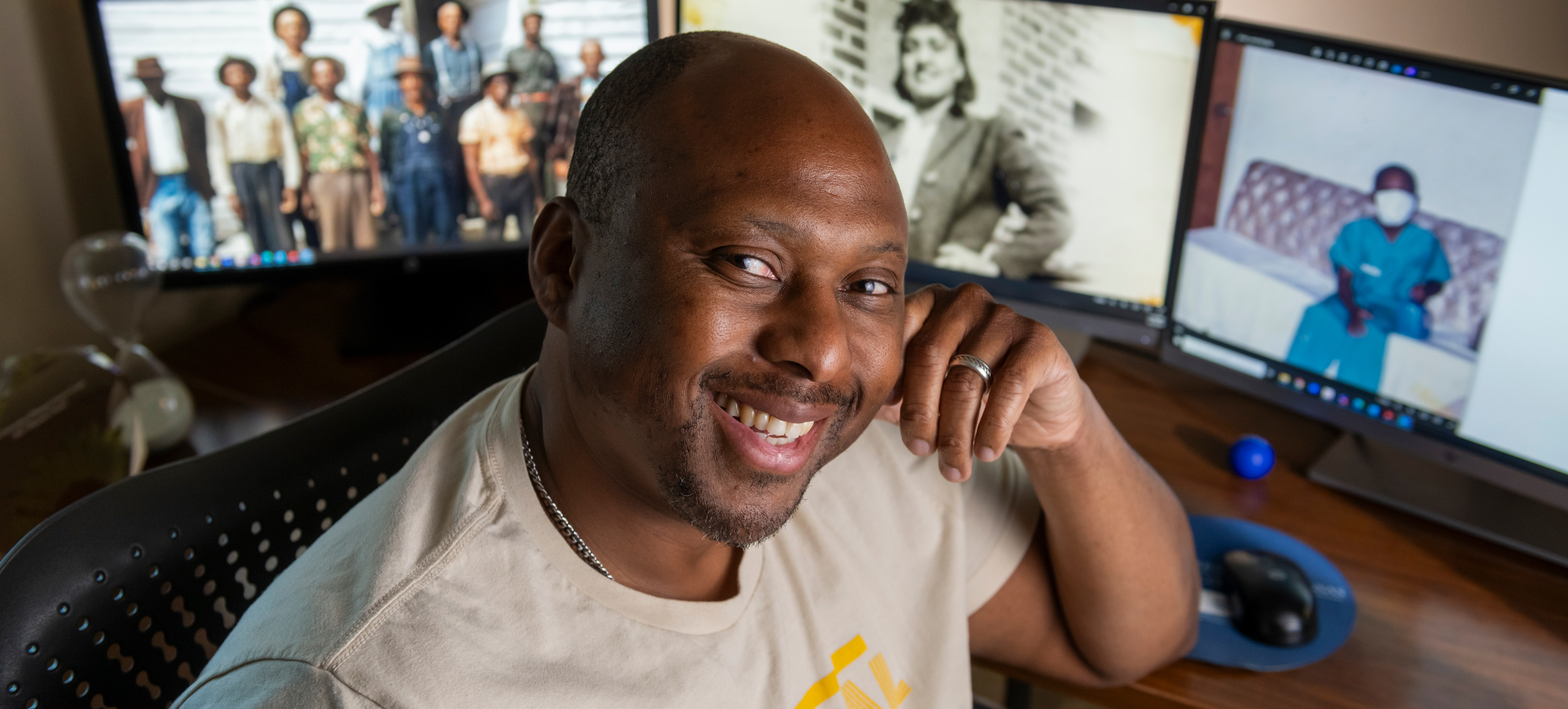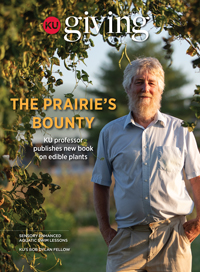KU Giving Magazine
What's in Your Briefcase, Joseph Hines II?
Derek Helms

“Photos on my computer,” said Joseph Hines II, senior director of research operations at The University of Kansas Cancer Center. “My lock screen is a photo of Henrietta Lacks, and desktop is a photo of the gentlemen who participated in the U.S. Public Health Service experiment at Tuskegee. Lacks’ cells were used without her consent in 1951, leading to groundbreaking medical advancements, yet neither she nor her family were informed or granted permission for her cells to be utilized, shared and sold for future research. The Tuskegee syphilis experiment, conducted from 1932 to 1972, deceived Black men with syphilis by withholding treatment, even after penicillin became available, to study the long-term effects of the disease.”
The desire for more ethical trials, and wanting students to learn more about the process, drove Hines to launch the CAREERS in Clinical Research Program (C-CLEAR Program) at The University of Kansas Cancer Center. The groundbreaking initiative introduces college students to the impactful and often-overlooked field of clinical research. The eight-week program allows interns hands-on experience to all aspects involved in clinical research.
“I didn’t know working in clinical research was a viable option,” Hines said. “When I was younger, I thought it was medical school or nothing. I want more students to know about the opportunities I didn’t know were available when I was starting my career. When I majored in biology, I had no idea working on clinical trials was an option.”
The C-CLEAR Program’s curriculum allows participants to earn a Good Clinical Practice (GCP) certification, which ensures the rights, safety and well-being of human subjects are protected and clinical trials are conducted in accordance with approved plans and with rigor and integrity.
“It’s imperative to me that people involved in clinical trials understand their rights,” Hines said. “We need to ensure that the trials are more representative of the population at large while maintaining the highest ethical standards.”




